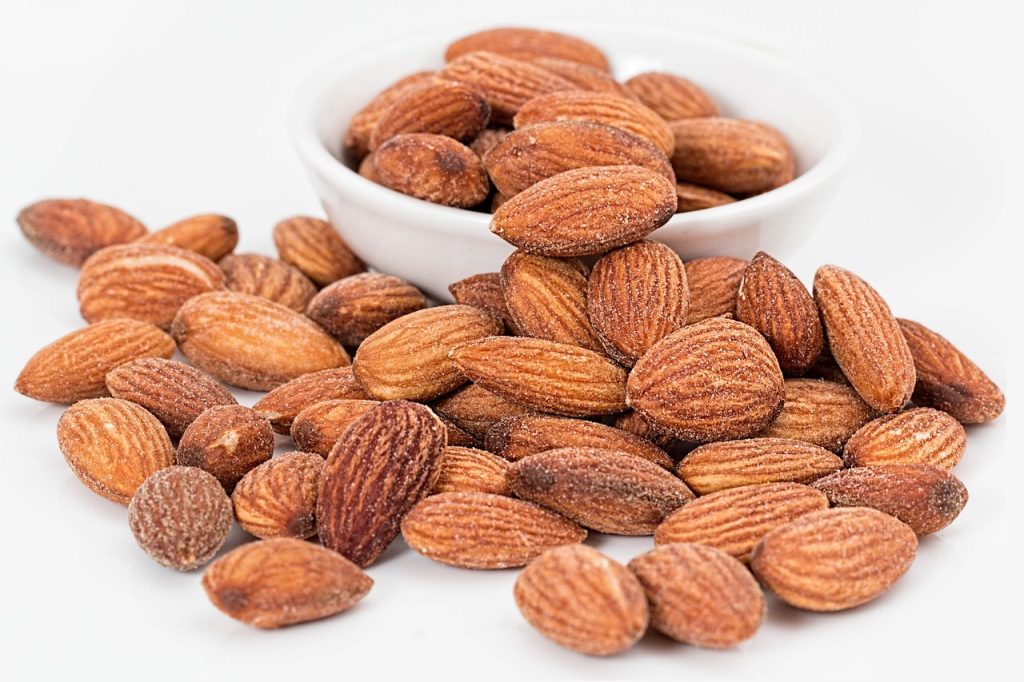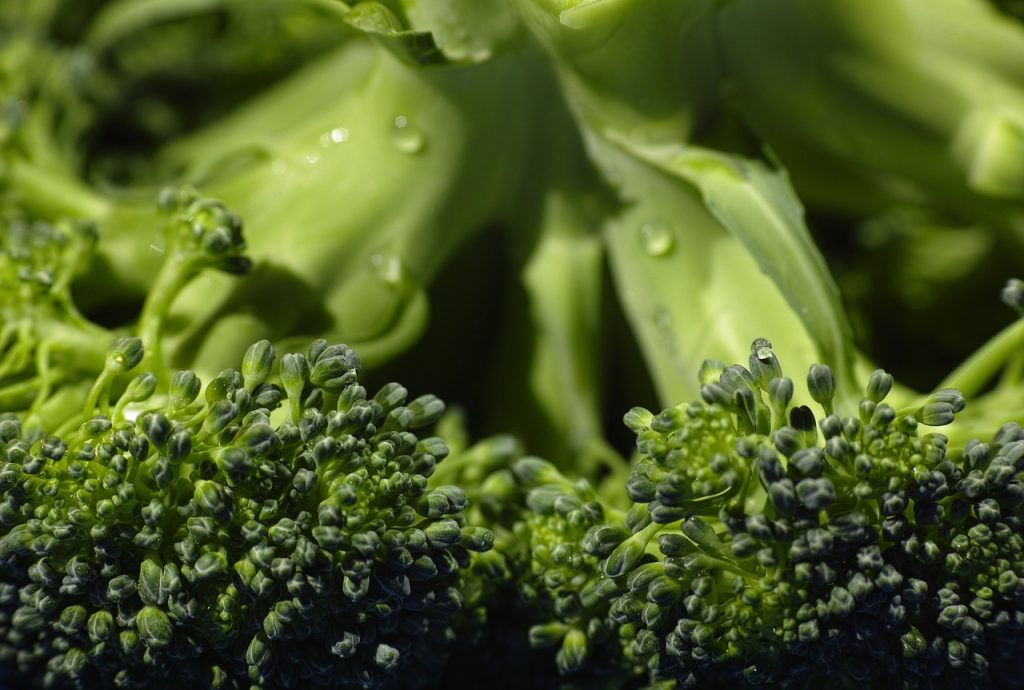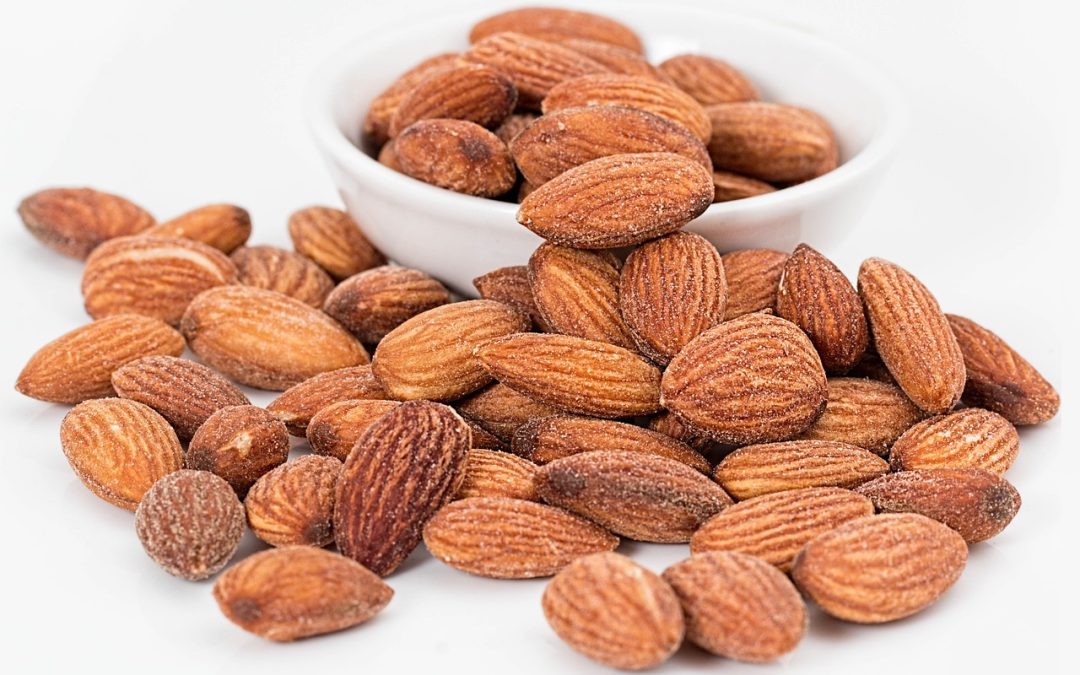Are Organic Foods Really Healthier?
When it comes to choosing what foods to buy at the grocery store, you may have heard conflicting opinions on whether organic foods are truly healthier than conventionally grown foods. Let’s break down the facts to help you make an informed decision on whether to incorporate more organic items into your diet.
Understanding Organic Foods
Organic fruits, vegetables, meats, and dairy products are produced without the use of synthetic pesticides, fertilizers, antibiotics, or hormones. This means that organic foods are grown and processed in a way that promotes ecological balance and conserves biodiversity.
Why Choose Organic?
Making the switch to organic foods can offer a variety of benefits, including:
- Reduced exposure to pesticides and chemicals
- Higher nutrient content
- Support for sustainable farming practices
Nutrient Content of Organic Foods
Studies have shown that organic foods may contain higher levels of certain nutrients compared to conventionally grown foods. For example, organic fruits and vegetables often have higher levels of vitamin C, iron, magnesium, and phosphorus.
Pesticide Residue in Conventional vs. Organic Foods
Conventionally grown foods are often treated with synthetic pesticides to protect crops from pests and diseases. These pesticides can leave residues on the produce that may be harmful to human health. On the other hand, organic foods are grown without the use of synthetic pesticides, reducing your exposure to potentially harmful chemicals.
Organic Meat and Dairy Products
Organic meat and dairy products come from animals that are raised without the use of antibiotics or growth hormones. By choosing organic meat and dairy, you can avoid ingesting these substances and support more humane animal farming practices.
The Environmental Impact of Organic Farming
In addition to personal health benefits, choosing organic foods can have a positive impact on the environment. Let’s explore how organic farming practices promote sustainability and protect natural resources.
Sustainable Farming Practices
Organic farming focuses on the use of sustainable agricultural practices that minimize harm to the environment. These practices include crop rotation, composting, and the use of natural fertilizers.
Soil Health
One of the key principles of organic farming is maintaining soil health. Organic farmers utilize techniques such as cover cropping and crop rotation to build healthy soil that can support the growth of nutrient-rich foods.
Water Conservation
Organic farming also places an emphasis on water conservation. By utilizing efficient irrigation methods and protecting water quality, organic farmers help to preserve this vital resource for future generations.
Biodiversity Conservation
Organic farms support biodiversity by creating habitats for a variety of plant and animal species. By avoiding the use of synthetic pesticides and promoting natural pest control methods, organic farmers help to maintain a balanced ecosystem on their land.
Carbon Sequestration
Organic farming practices can also help to sequester carbon in the soil, reducing greenhouse gas emissions and combating climate change. By choosing organic foods, you can support farming methods that have a lower carbon footprint and contribute to a healthier planet.

How to Incorporate Organic Foods into Your Diet
Now that you understand the benefits of organic nutrition for your health and the environment, you may be wondering how to start incorporating organic foods into your diet. Here are some tips to help you make the transition to a more organic lifestyle.
Shop at Farmers Markets and Health Food Stores
Farmers markets and health food stores are great places to find a wide selection of organic fruits, vegetables, meats, and dairy products. By shopping at these locations, you can support local farmers and access fresh, organic foods that are in season.
Read Labels Carefully
When shopping for organic foods at the grocery store, be sure to read labels carefully to ensure that the products you are purchasing are certified organic. Look for the USDA Organic seal, which indicates that the food has been grown and processed according to organic standards.
Grow Your Own Organic Garden
If you have the space and resources, consider starting your own organic garden at home. Growing your own fruits and vegetables allows you to control the quality of the produce and enjoy the satisfaction of harvesting your own organic food.
Choose Organic Meat and Dairy Alternatives
If you’re looking to incorporate more organic meat and dairy alternatives into your diet, consider options such as grass-fed beef, free-range poultry, and organic plant-based milk products. These alternatives offer a healthier and more sustainable choice compared to conventionally raised animal products.
Cook with Organic Ingredients
When preparing meals at home, try to use organic ingredients whenever possible. By cooking with organic fruits, vegetables, grains, and spices, you can create delicious and nutritious meals that support your health and well-being.

The Cost of Organic Foods
One of the common concerns about organic nutrition is the cost associated with buying organic foods. Let’s explore the factors that contribute to the higher price of organic products and discuss strategies for making organic nutrition more budget-friendly.
Factors Affecting the Cost of Organic Foods
Several factors contribute to the higher cost of organic foods compared to conventionally grown products. These factors include:
- Higher production costs for organic farmers
- Certification and inspection fees
- Limited availability of organic products
- Higher demand for organic foods
Strategies for Affordable Organic Nutrition
Despite the higher cost of organic foods, there are ways to make organic nutrition more budget-friendly. Here are some strategies to help you incorporate organic foods into your diet without breaking the bank:
- Buy in bulk: Purchasing organic foods in bulk can help you save money on per-unit costs and reduce the overall expense of organic shopping.
- Shop seasonally: Buying organic fruits and vegetables that are in season can be more affordable than purchasing items that are out of season.
- Look for sales and discounts: Many grocery stores and health food stores offer sales and discounts on organic products, so keep an eye out for special deals to save money.
- Consider store-brand organic products: Some retailers offer their own brand of organic foods at a lower price point than name-brand organic products.
Balancing Cost and Health Benefits
While it may require some adjustments to your shopping habits and budget, incorporating organic foods into your diet can provide long-term health benefits that outweigh the initial cost. By prioritizing the quality and nutrient content of the foods you consume, you can support your well-being and contribute to a more sustainable food system.

Final Thoughts
Organic nutrition offers a holistic approach to health and well-being by prioritizing the quality of the foods we eat and the impact of our choices on the environment. By choosing organic foods that are grown and produced in a sustainable and ethical manner, you can nourish your body with nutrient-rich ingredients and support farming practices that promote biodiversity and conservation.
As you continue your journey toward a more organic lifestyle, remember that every small step you take toward incorporating organic foods into your diet makes a positive difference for your health and the planet. Whether you start by swapping out a few conventional products for organic alternatives or commit to a fully organic diet, your choices have a meaningful impact on your health, the environment, and the future of food production. Embrace the benefits of organic nutrition and savor the delicious flavors of wholesome, sustainable foods that nurture your body and soul.







